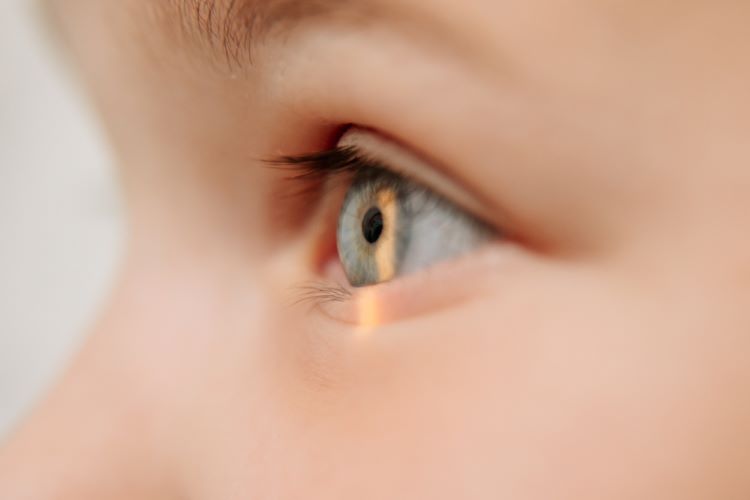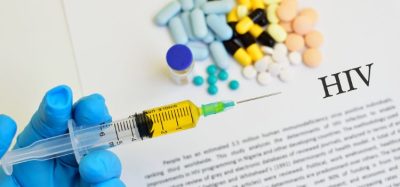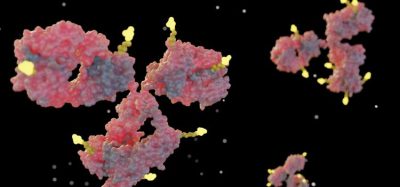First-in-human data for gene therapy signals potential in childhood blindness
Posted: 21 February 2025 | Catherine Eckford (European Pharmaceutical Review) | No comments yet
Developed and manufactured under a Manufacturer’s ‘Specials’ Licence (MSL), the gene therapy could provide a novel treatment option for paediatric patients at the earliest stage of the rare eye disease.


New clinical research from the UK has revealed the significant potential of a gene therapy to treat young children with AIPL1-related retinal dystrophy.
Findings of the first-in-human study, published in The Lancet, reported that the four children with the rare genetic deficiency “benefited substantially”, as they gained strong improvements in their eyesight.
“We have, for the first time, an effective treatment for the most severe form of childhood blindness,” stated Professor Michel Michaelides, professor of ophthalmology at the UCL Institute of Ophthalmology and consultant retinal specialist at Moorfields Eye Hospital.
The therapy, known as rAAV8.hRKp.AIPL1, is designed to enable the retinal cells to work better and to survive longer, by replacing the defective gene with healthy copies, according to the researchers.
Each of the children with retinal dystrophy were given the new treatment via subretinal injection. Only one eye was treated to mitigate any potential safety issues.
The team conducted observations over a three- to four-year period. They found that the participants lost sight in their untreated eye during this time.
Potential impact of the novel gene therapy
[this novel genetic therapy could lead to a] potential paradigm shift to treatment at the earliest stages of the disease”
For the families whose children were legally blind from birth, the benefits demonstrated by this novel genetic therapy could lead to a “potential paradigm shift to treatment at the earliest stages of the disease. The outcomes for these children are hugely impressive and show the power of gene therapy to change lives,” remarked Professor Michaelides.
“This work demonstrates the importance of UK clinical academic centre manufacturing facilities and MHRA (UK Medicines and Healthcare products Regulatory Agency) [Manufacturer’s ‘Specials’ Licence (MSL)] in making advanced therapies available to people with rare conditions,” commented Professor Robin Ali, UCL Institute of Ophthalmology and King’s College London Centre for Gene Therapy and Regenerative Medicine.
Related topics
Biopharmaceuticals, Clinical Development, Clinical Trials, Data Analysis, Drug Development, Drug Safety, Gene therapy, Research & Development (R&D), Technology, Therapeutics
Related organisations
University College London Great Ormond Street Institute of Child Health (UCL ICH)









